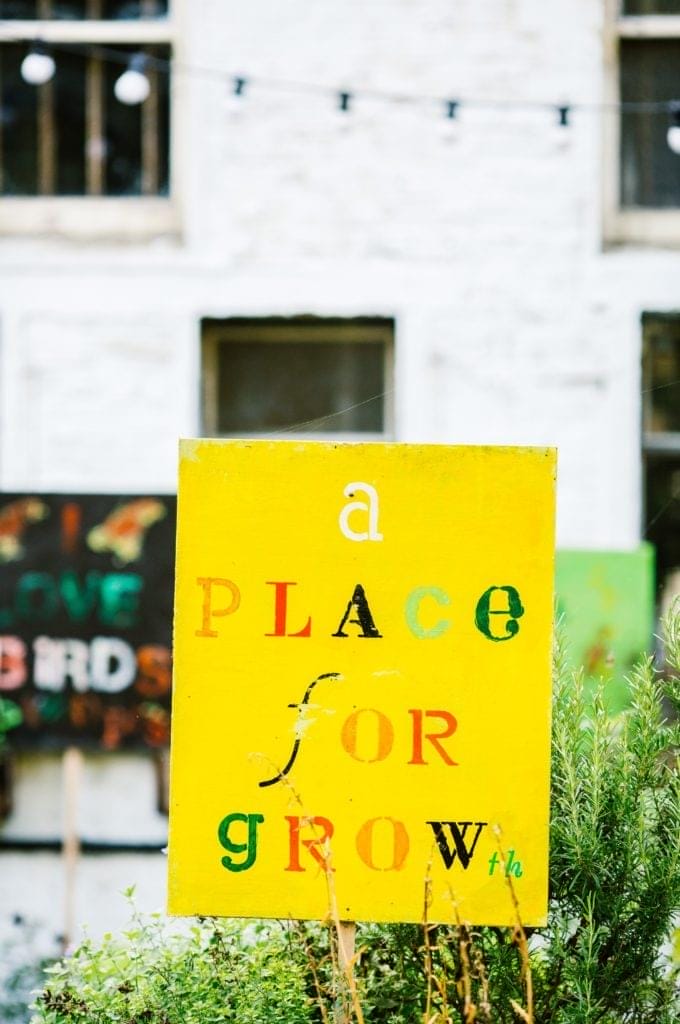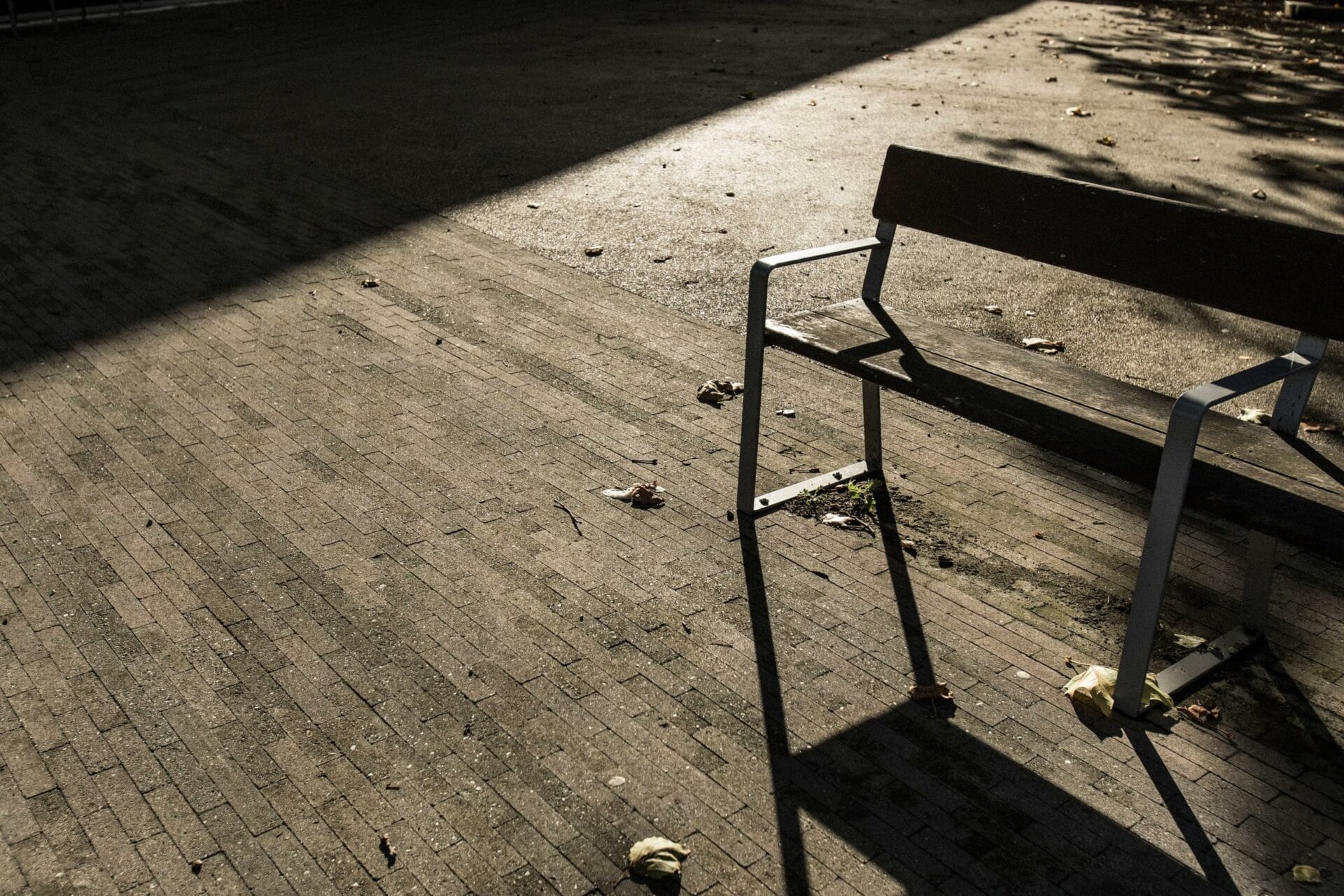29th March 2017, words by Oliver French
This week, the National Children’s Bureau has released new research which aims to shine a light on the experiences of children missing education, and calls for urgent action to better identify and support young people who are not accessing their right to an education either at school or at home. The report suggests that the number of children in this situation runs into the tens of thousands.
Back when we originally funded the research, our idea was that speaking to children missing education and their families would give us a window into a set of experiences we don’t know much about, who are by definition off the radar. We suspected that missing education might be a marker for a life of wider disadvantage: perhaps a precursor to the issues dealt with on a daily basis by partners in our Promoting Change Network, and chronicled in reports like Hard Edges?
In some ways these suspicions have been borne out, and the report paints a challenging picture: falling out of education doesn’t seem like something that just ‘happens’ to people whose lives are otherwise ticking along fine, and coming off a school roll is not so much a single identifiable event as the culmination of a range of moving and clustering difficulties which can vary widely from family to family. The experiences of the families interviewed for the research make often sobering reading – like fleeing domestic violence, deeply challenging home lives, insecure family accommodation, experiences of poverty, exclusion and discrimination, and mental ill health. ‘Risk’ doesn’t begin to manifest at the point the child starts missing education, and nor does it end when they re-engage: the relationship between cause and effect isn’t linear. Our experiences consistently show us that mainstream systems really struggle to cope with the most complex cases, and that the poorest outcomes cluster around people with a mixture of different and interrelated challenges in their lives. People are deprioritised, filtered out, shifted somewhere else, denied – ignored even, perhaps not deliberately by individuals, but by a creaking system unable to cope with complexity, let alone prioritise it. This seems to chime with many of the experiences of children missing education too.
But in other ways the picture is less clear. Many of the children and families’ voices are active, articulate and quite subtle in explaining the reasons why the education system has been an unfriendly place for them and their families, including issues like special educational needs and disabilities, and the influence of family and cultural beliefs about the very purpose of education and the best kinds of learning environment. As with ‘people facing multiple disadvantage’, ‘children missing education’ aren’t a single group with static and definable needs who can be rounded up, ‘intervened with’ and simply shoved back into school.
The real strength of the report is in highlighting and featuring the experiences and views of the families themselves, in their own words. We hope that this is an issue which NCB will continue to focus on in its work, and it’s one we will be weaving into our own understanding of how children and young people experience multiple disadvantage.
The report can be downloaded here.
The research has been covered in the Guardian, Independent, and TES.
For more information or questions about our work to understand young people’s experiences of multiple disadvantage, please contact Oliver French.



Comments (0)